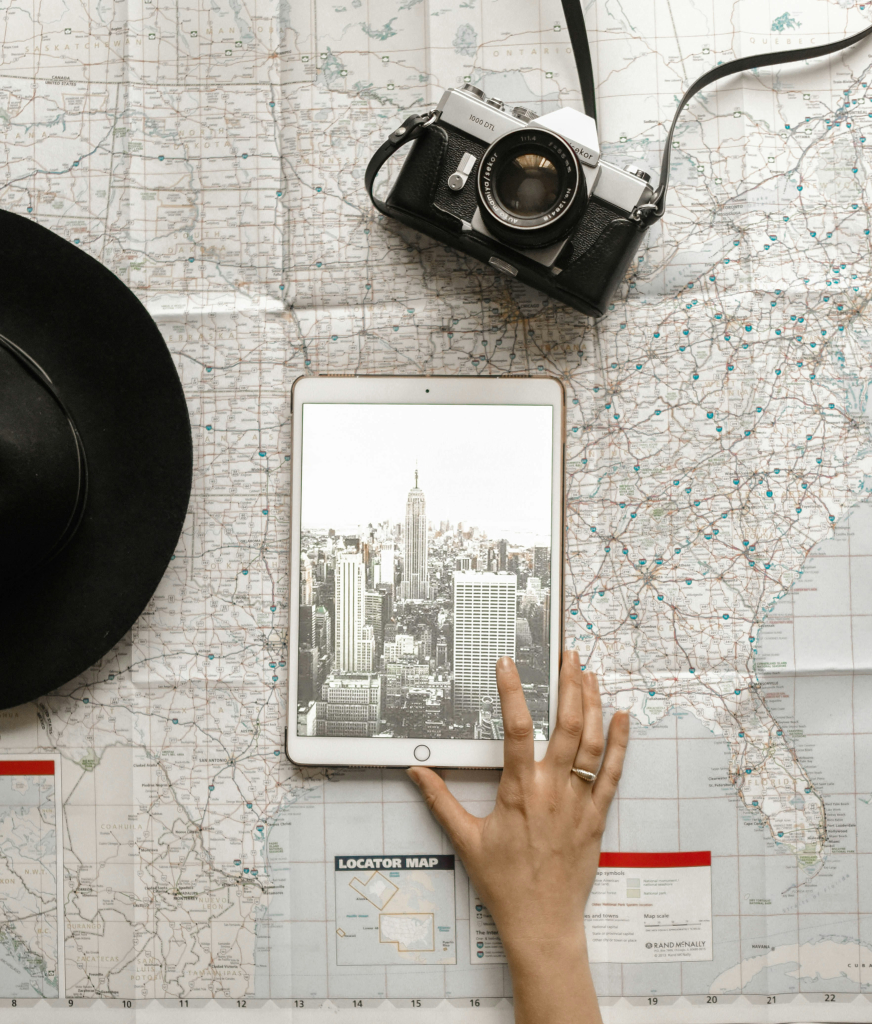As the travel industry gets ready for 2025, digital marketing strategies are destined for transformative changes. Emerging technologies and shifting consumer preferences are -once again- reshaping how travelers interact with brands, plan their trips, and carry out booking decisions. In this new era, travel marketers must embrace cutting-edge tools and trends to remain competitive, offering personalized, engaging, and meaningful experiences.
Here’s an in-depth look at what’s on the horizon and how these trends can be taken-advantage of effectively.
The diva in the spotlight is the evolution of AI-powered personalization. Artificial intelligence is becoming a prime player of travel marketing, enabling businesses to deliver extremely-tailored content and experiences. By analyzing vast amounts of customer data—such as browsing behavior, purchase history, and even social media activity—AI tools can craft and convey precise marketing messages. For example, travelers searching for luxury beach vacations might receive curated itineraries featuring five-star resorts, nearby fine-dining options, and exclusive experiences like yacht charters. AI chatbots are stepping up as personal travel assistants, available 24/7 to handle inquiries, recommend activities, or assist with booking modifications. These tools not only improve customer satisfaction but also drive conversions, making them crucial for travel brands.
The rapid adoption of AI-generated content is also transforming the way travel businesses approach multichannel marketing. With the help of generative AI tools, brands can effortlessly produce engaging blog posts, destination guides, and social media updates tailored to their audience. These tools streamline content production, ensuring a consistent online presence across platforms like TikTok, Instagram, and YouTube while freeing up time for strategic campaign planning. The ability to create high-quality, data-informed content at scale gives travel marketers a competitive edge in an increasingly-crowded digital landscape.
Another major trend shaping 2025 is the widespread adoption of virtual and augmented reality. As technology becomes more accessible, VR and AR are turning travel dreams into tangible previews. Prospective travelers can now virtually explore a hotel room, stroll through resort grounds, or even experience attractions at their chosen destination. These immersive experiences allow them to make informed decisions, closing the gap between imagination and reality. AR, on the other hand, is enhancing journeys once they are occurring. Imagine arriving in a historic city and using an AR-enabled app to superimpose historical reconstructions onto ancient ruins, offering an educational and engaging layer to exploration. By integrating VR and AR into marketing strategies, travel companies can build deeper connections with their audiences, inspiring wanderlust while building trust in their offerings.

Sustainability, an ever-growing priority among consumers, is becoming a decisive factor in travel decisions. Eco-conscious travelers are seeking brands that align with their values, and the digital space is the perfect platform to communicate these efforts. For travel businesses, highlighting green initiatives—such as carbon-neutral flights, eco-friendly accommodations, or sustainable tourism practices—is no longer optional. Creative campaigns can showcase these efforts, such as interactive tools allowing travelers to calculate the carbon footprint of their trips and explore offsetting options. Travel companies promoting “slow travel,” such as scenic train journeys over short flights, can appeal to this demographic while standing out in a crowded market. Combining sustainability messaging with storytelling and data visualization creates compelling narratives that resonate with today’s mindful travelers.
The rise of voice and visual search is yet another game-changer for travel marketing in 2025. Consumers increasingly rely on voice assistants like Siri, Alexa, and Google Assistant to research destinations, compare prices, and book trips. To capitalize on this trend, travel brands must optimize their content for natural language queries, ensuring they rank highly for phrases like “best family-friendly resorts in Greece” or “adventure vacations near me.” Similarly, visual search is revolutionizing discovery. Platforms like Pinterest and Google Lens allow users to search destinations or experiences using images. A traveler might upload a photo of a breathtaking beach they found online and instantly discover where it’s located, nearby accommodations, and activities. Ensuring that your brand is optimized for these cutting-edge search technologies is vital for staying visible and relevant.
Meta’s suite of platforms, including Facebook and Instagram, remains a cornerstone for paid travel campaigns, and 2025 will see even more refined ad-targeting capabilities. Meta’s AI advancements are enabling hyper-specific audience segmentation, allowing brands to target users based on detailed travel preferences, behaviors, and life events. With tools like dynamic ads for travel, businesses can showcase personalized hotel recommendations, flight options, or package deals directly to users who have previously expressed interest in similar offerings. Additionally, the integration of shoppable features within Instagram Stories and Reels is transforming how users book travel. A single tap on a captivating video can lead directly to a booking page, reducing friction in the purchasing journey.
Meta’s emphasis on short-form video content aligns perfectly with travel marketing needs. Engaging videos that highlight stunning destinations, cultural experiences, or adventurous activities are proving to be some of the most effective tools for capturing attention. By combining creative storytelling with data-driven targeting, travel brands can achieve high engagement rates and maximize their ad spend. The key lies in crafting visually compelling content that resonates emotionally while leveraging Meta’s analytics to refine and optimize campaigns continuously. We´ll dive even deeper on this subject in an upcoming post so stay tuned into Brands Travel´s blog.
